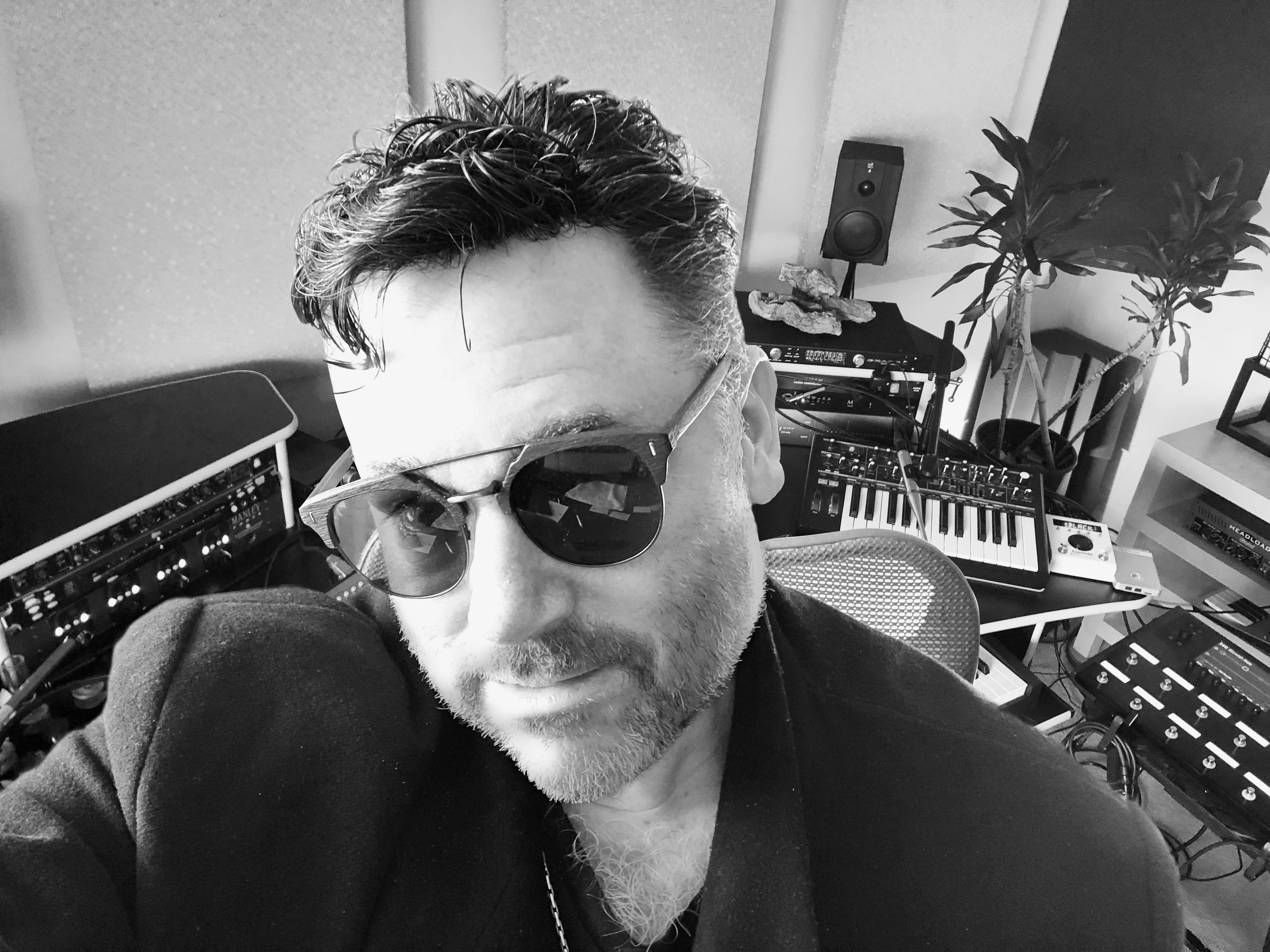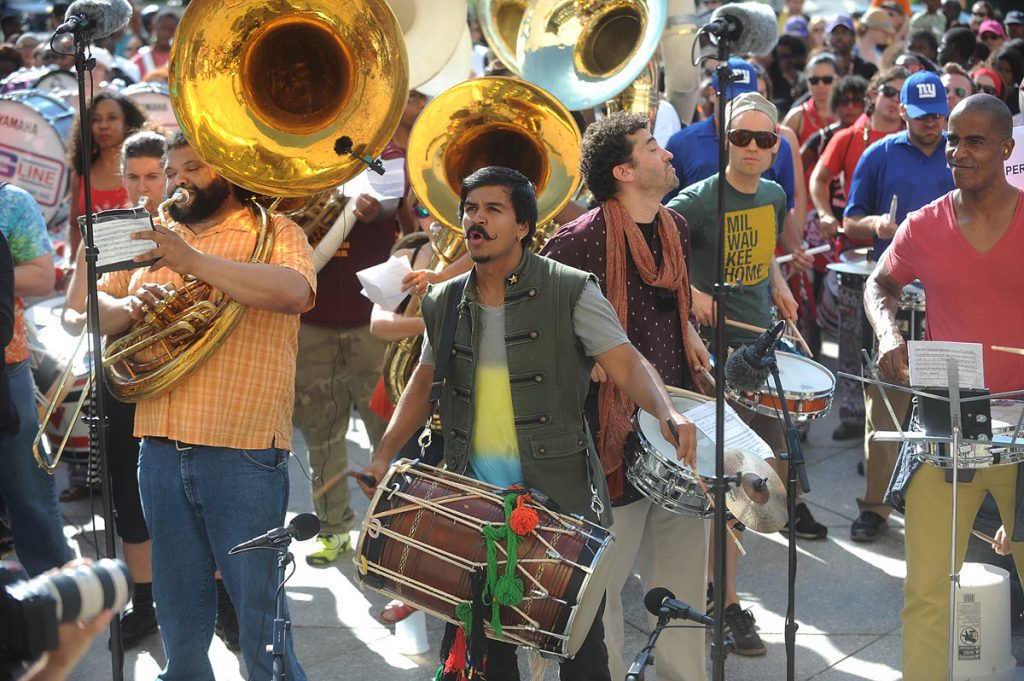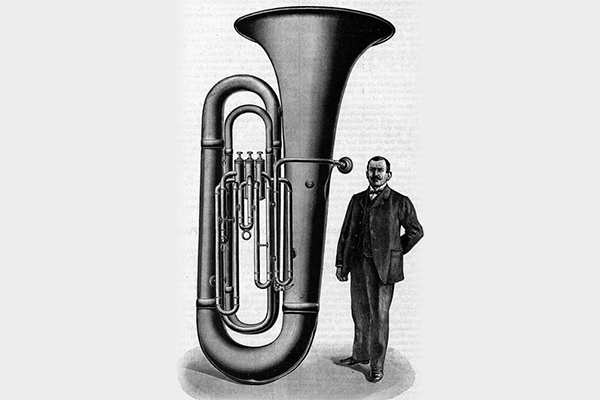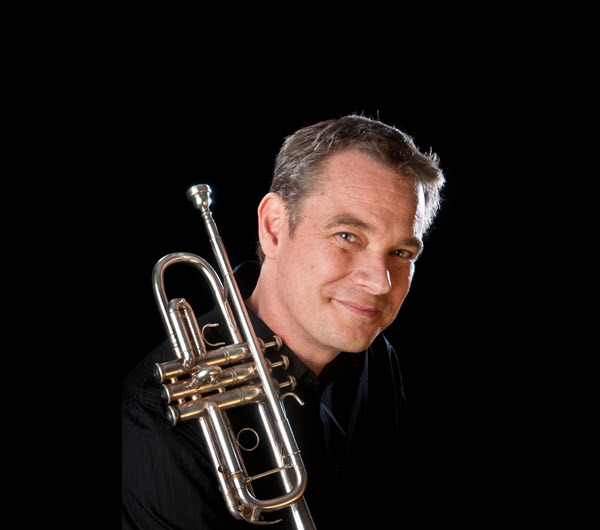Healing on the High Seas
An interview with Mercy Ships Director of Corporate Development Russ Holmes.
Each year, 16.9 million people die due to lack of access to surgical care. A large percentage of those deaths occur in Africa’s developing nations, where the fragile healthcare systems simply cannot support the overwhelming need for safe surgical procedures.
For over 40 years, an organization called Mercy Ships has been on a mission to change that, by delivering world-class health care and sustainable medical training to over 55 developing countries — all at no cost — via a fleet of hospital ships staffed by volunteers from over 57 nations.
Next year, the current ship, named the Africa Mercy, will be joined by Global Mercy™, a 174-meter, 37,000-ton vessel that will be the largest charitable hospital ship in the world. It will feature six operating rooms and will be equipped with a training center that includes a simulation lab and virtual reality stations. The ship will house over 600 volunteers from around the globe, and will include a 682-seat auditorium, a school, a gym, a cafe and a library. Also onboard will be an array of musical instruments provided by Yamaha.

I caught up with Mercy Ships director of corporate development Russ Holmes recently for a wide-ranging discussion about the past, present and future of the organization, and the ways that music can help heal those in need.
RT: How is Mercy Ships able to provide its services free of charge?
RH: Our current ship, Africa Mercy, is completely staffed by volunteers. Whether you are the captain, chief engineer, someone who cooks the food in the galley or someone who works in the hospital — everyone volunteers their time. They also pay their own way to get to and from the ship and in addition they pay a monthly crew fee to cover their board and lodging. Since the crew pay their own way, any donations that come in to the organization go straight to the people and programs we are providing services for.
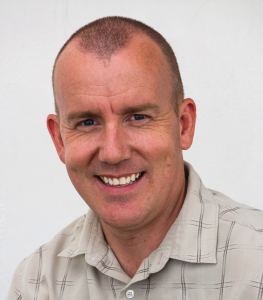
We partner with several host governments in sub-Saharan Africa. The Africa Mercy spends ten months in each country and at any one time, we have around eighty patients onboard who receive care in the five operating rooms. The goal is not just to provide lots of free surgeries and then sail away; we also aim to understand what the healthcare plan is for each country we visit and see how we can enhance and add some value to it. So it’s not only about the free medical care, but also the training we provide to local health care professionals, whether they’re a surgeon, anesthetist, nurse, or biomedical technician. We invite them onboard the ship for mentoring programs, and in turn, we visit their facilities and see what upgrades we can suggest.
RT: Your ships are actually multi-purpose, aren’t they?
RH: The Africa Mercy is not just a hospital — it’s actually a floating city. We have a bank onboard, a post office, a hair salon and a full K-12 accredited school system for the children of the volunteer families that live on the ship. We also employ a lot of the local population in each port we visit. They serve as translators and help out in some of the different departments onboard the ship as well. On any given day there are probably about 600 people onboard, with 200 local day workers and 400 or so crew.
RT: How has Yamaha been able to help Mercy Ships achieve its goals?
RH: In talking with the team at Yamaha and sharing our mission and vision, we felt a strong sense of alignment with one another. We wanted to get musical instruments into our patient’s hands because it’s a powerful part of the healing process, and Africans in particular like to celebrate with music.
Unfortunately, sometimes there is a cultural stigma in the continent of Africa regarding people who don’t fit into society with everybody else — for example, those with large facial tumors or women who are incontinent as a result of childbirth injuries. Many of these folks get shunned and pushed out of the village — they literally have to live out in the bush by themselves.
So when they come onboard for their treatment, quite often some of them say that’s the first time anyone has ever been near them in ten or fifteen years. You can see the joy come back to their faces. If you’ve been shunned for so many years and nobody wants to talk to you or have anything to do with you and then you receive free life-changing surgery, it’s amazing. Then you also get to be around other people who have been through similar challenges and you get musical instruments to play as well.
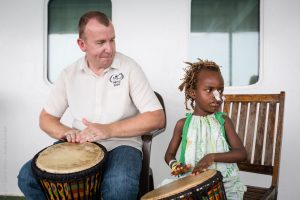
We have a celebration every few weeks, when patients get their sight back because we’ve removed cataracts from their eyes, or when they’re able to feel better about themselves because cleft palates or large facial tumors have been removed. At that point all the musical instruments come out. Believe me, it’s quite the place to be!
All the instruments onboard the new ship Global Mercy will be from Yamaha, and will include drum kits and electronic keyboards — even a grand piano. And since it’s a bigger ship, it will house more children. We want them to learn all different aspects of education, not just geography and English and other languages, so one of the classrooms will give students the opportunity to take music lessons as well. These kids miss out on a lot when they are living onboard — there’s not much green grass in an industrial port, and they are very restricted as to where they can go because their home is a working ship. So all these musical instruments will provide them with an outlet for creativity.
We’ve seen a lot of very gifted, talented and musically oriented people come onboard our ships over the years. To be able to provide them with an opportunity to celebrate by playing music just adds to the joy that comes out of this entire experience.
Photographs courtesy of Mercy Ships.
For more information, visit www.mercyships.org.









